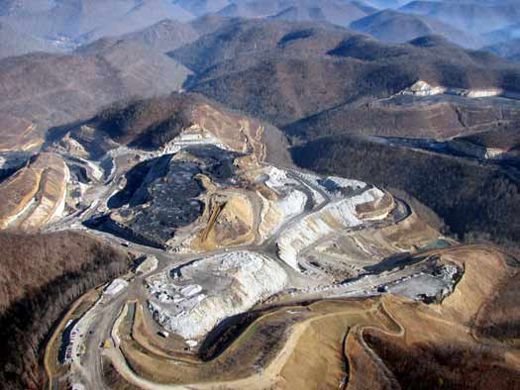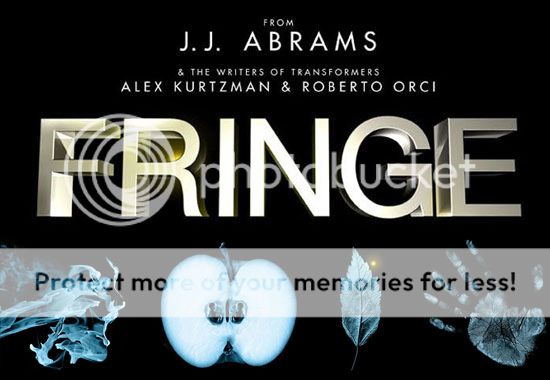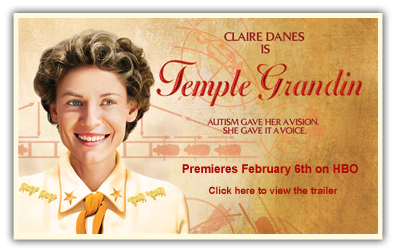
The Hubble Space Telescope is the world’s first observatory that actually orbits—you guessed it—through outer space. Over the last decade, Hubble has captured some of the deepest and most detailed images of our universe. All those recent headlines about exoplanets: those discoveries come from Hubble. Scientists viewing pictures of light projected from stars over 13 billion years ago (almost at the origin of the universe): that’s Hubble, too. Hubble 3D documents the 2009 mission by the crew of the Shuttle Atlantis to make vital repairs to one of mankind’s most expensive, and significant, science projects. There would be no second chances. If the mission had failed, Hubble would be just another piece of junk orbiting above the earth, like my Direct TV satellite and Elvis’s body. The tension is real, the suspense extraordinary, and the imagery? Out of this world. And fortunately for terrestrial audiences, the entire mission was captured by the crew and director Toni Myers on some of the most breathtaking, brave film ever recorded. We are proud to make Hubble 3D an official ScriptPhD.com Editor’s Selection.
Continue reading REVIEW: Hubble IMAX—Editor’s Selection








